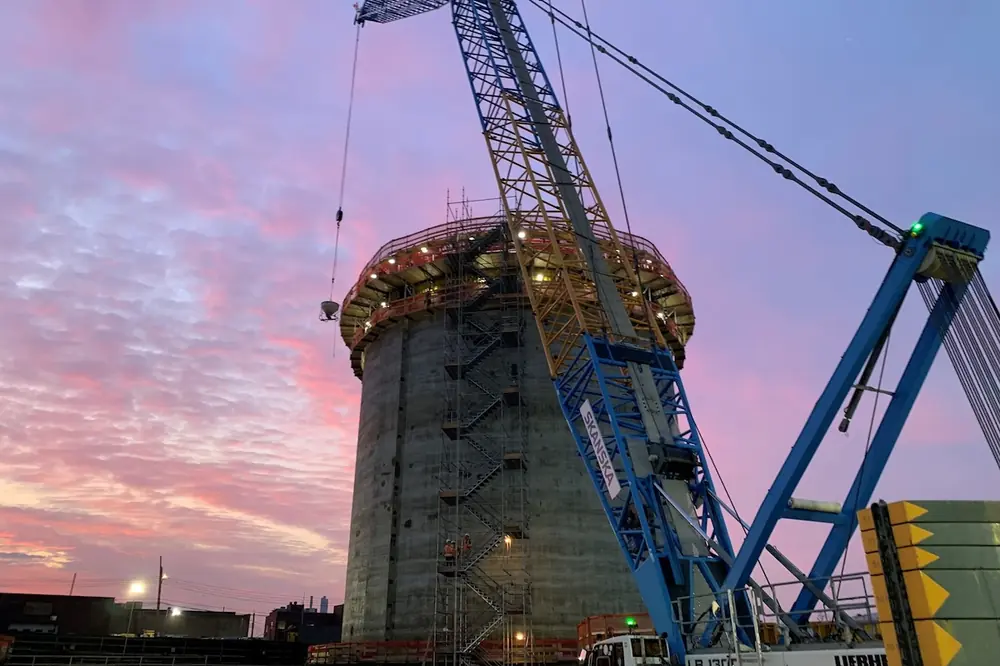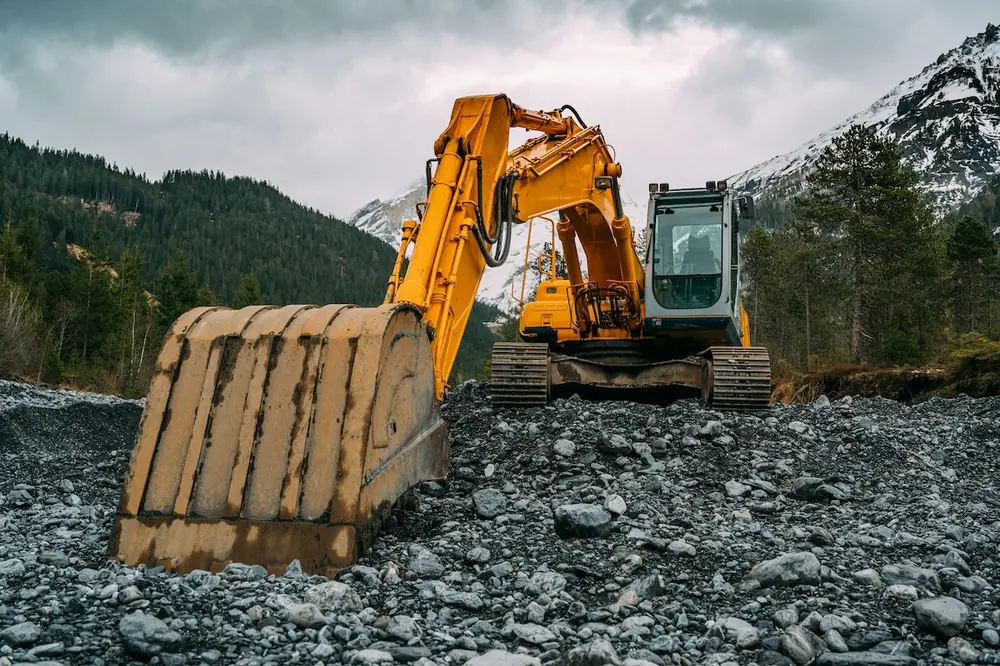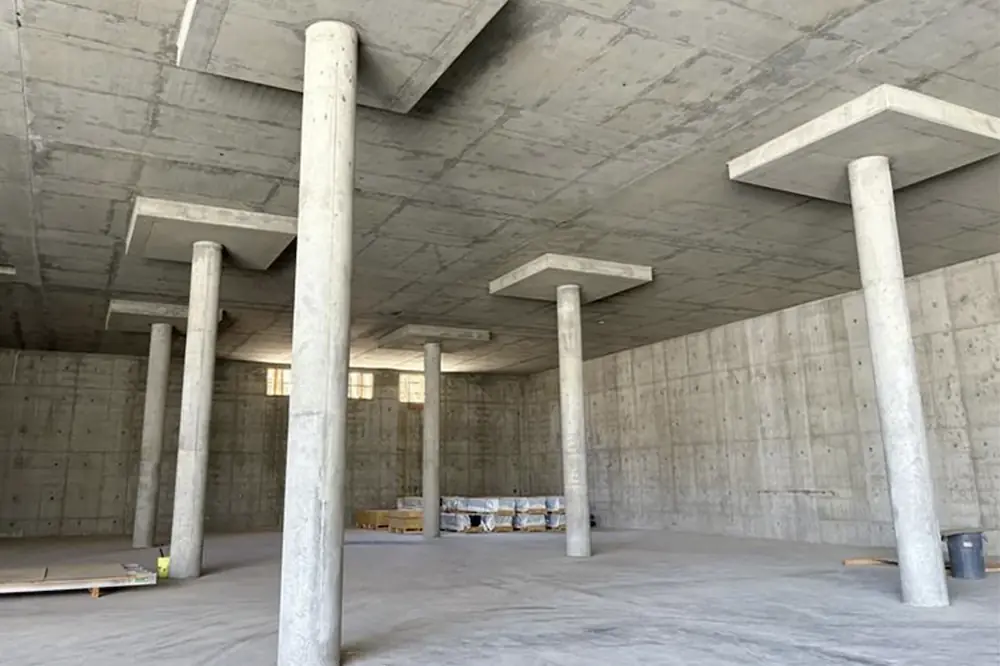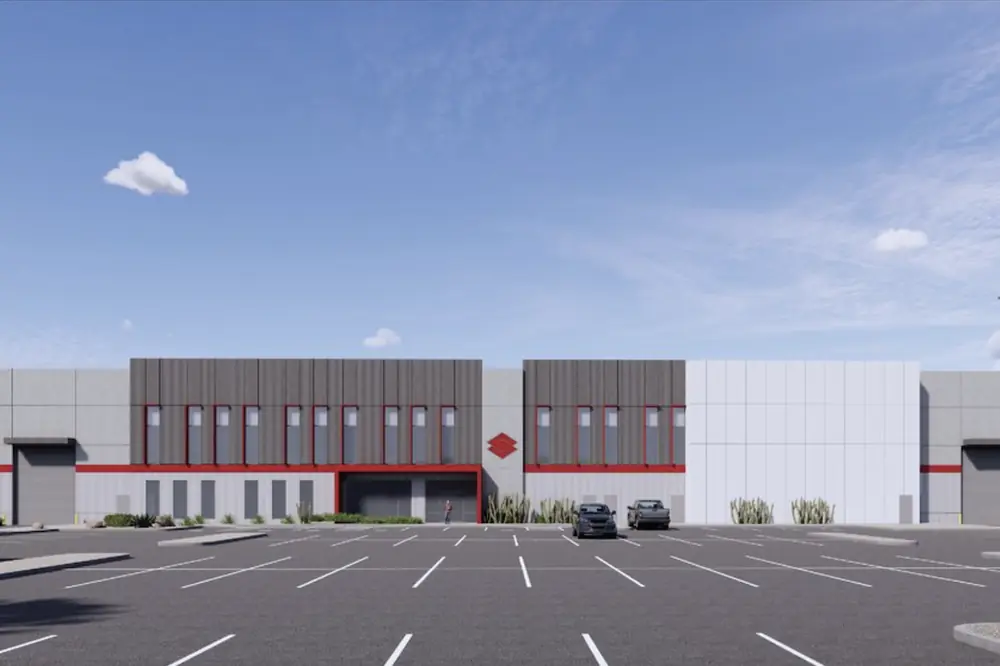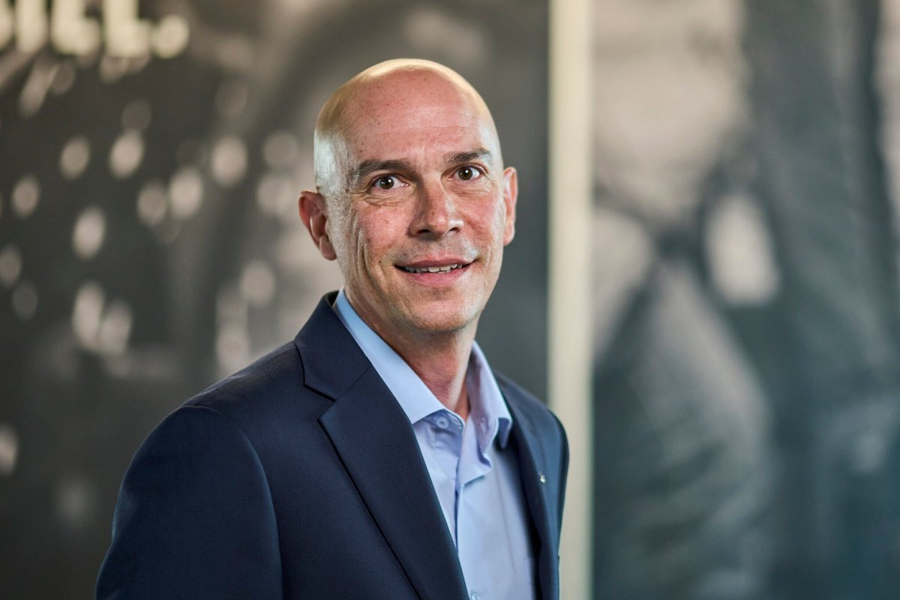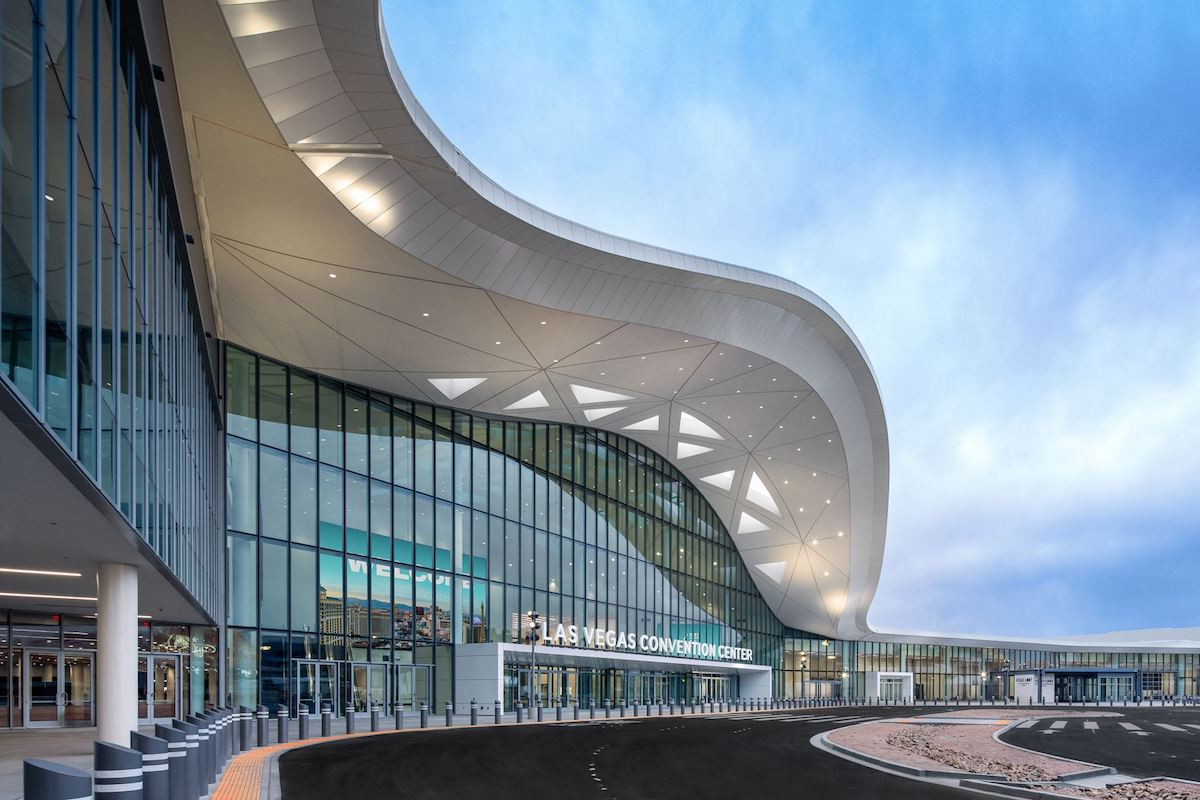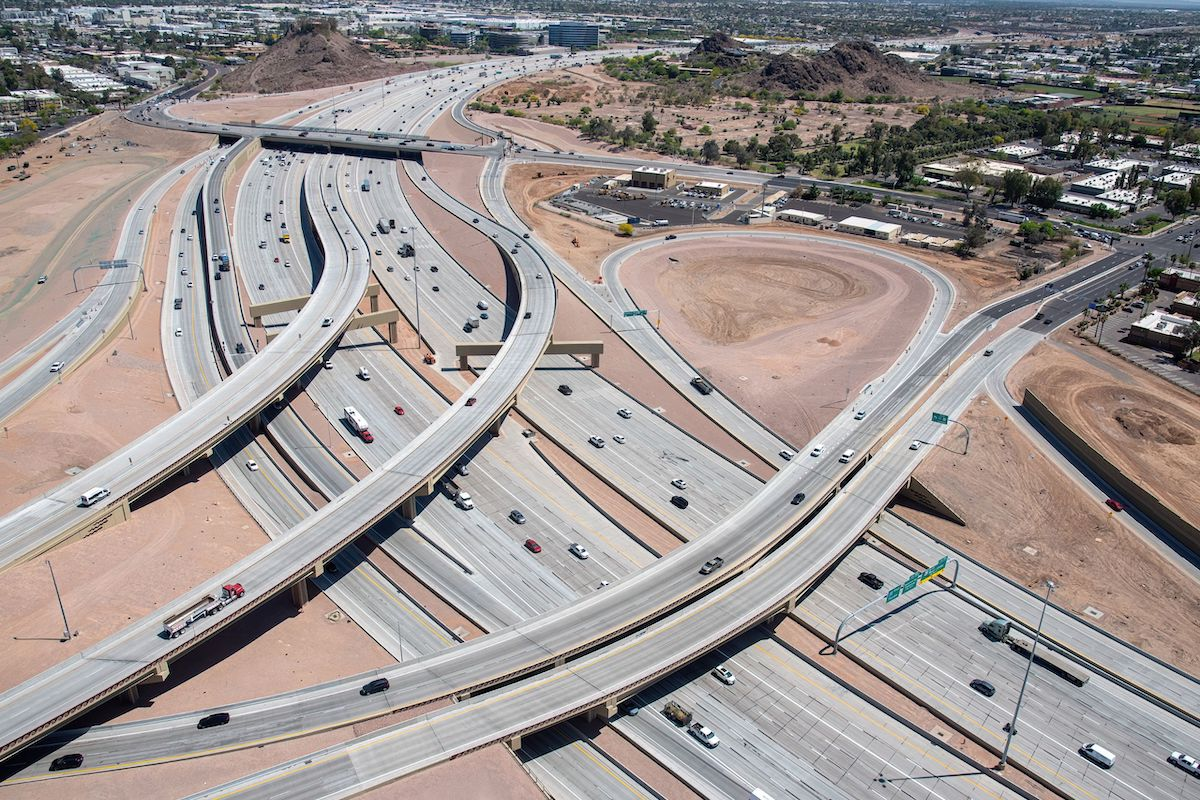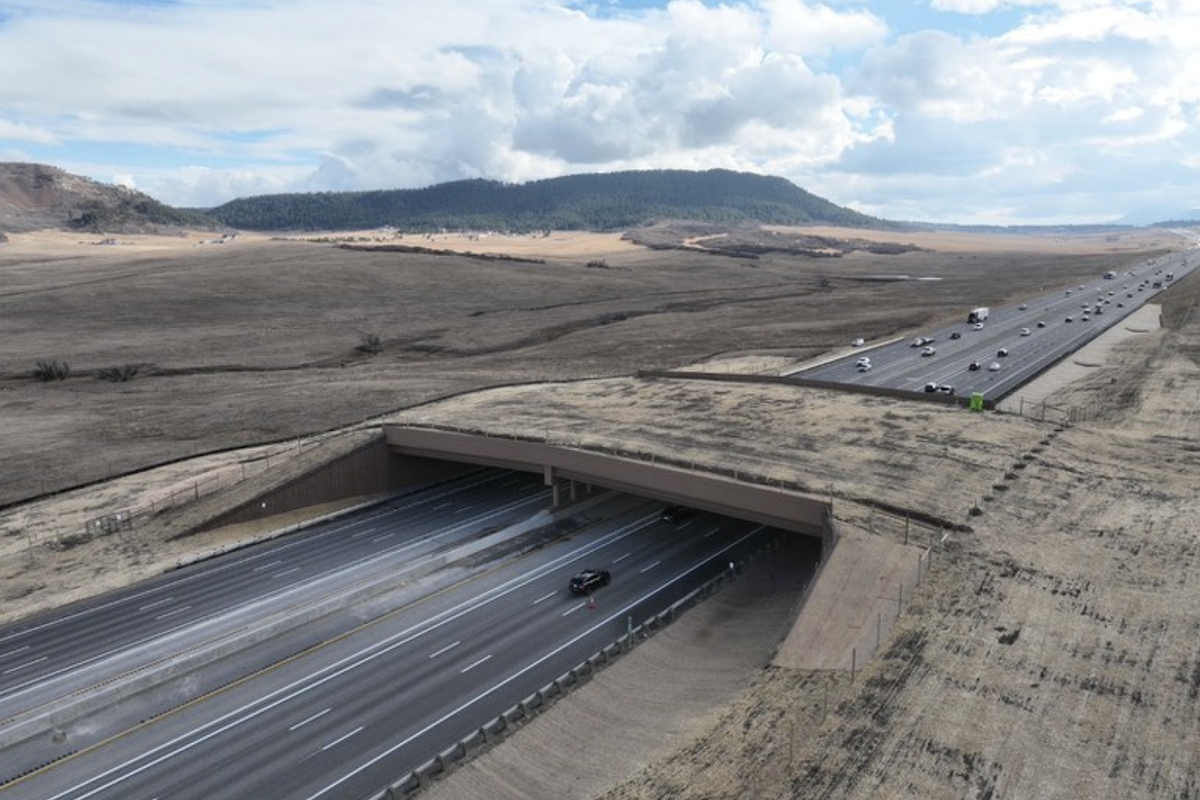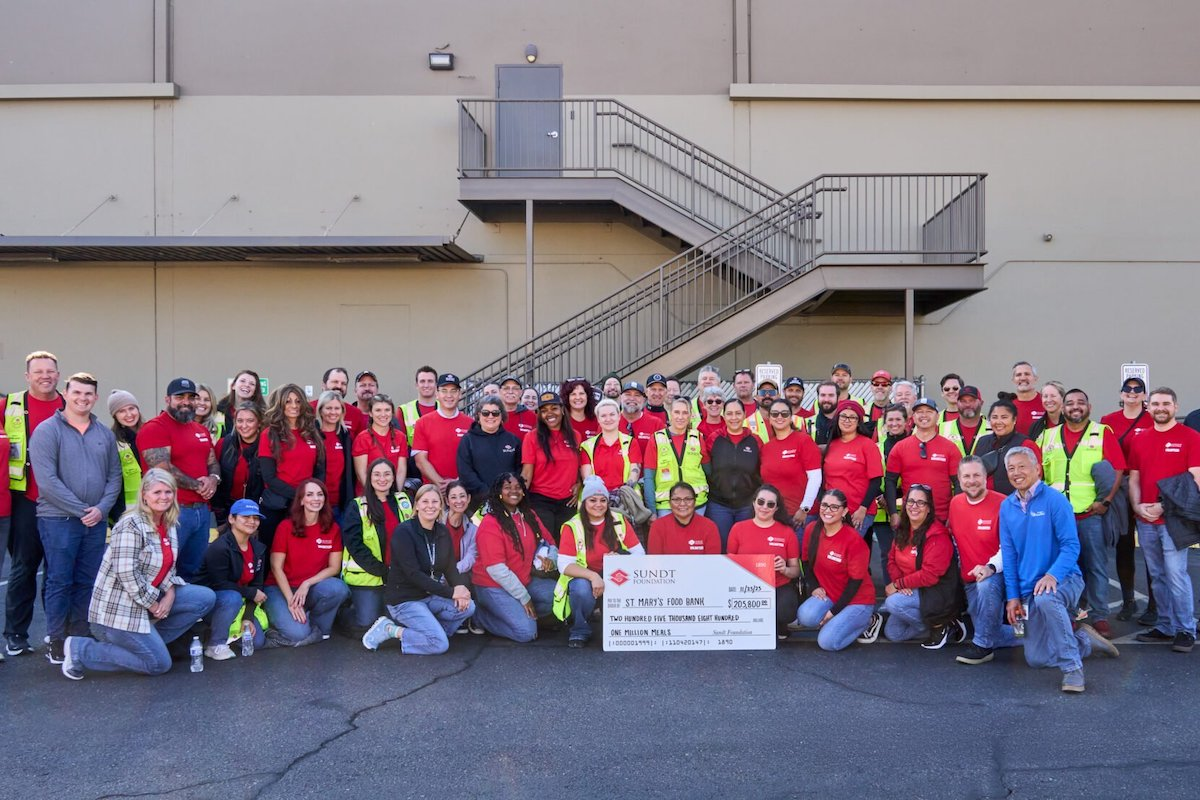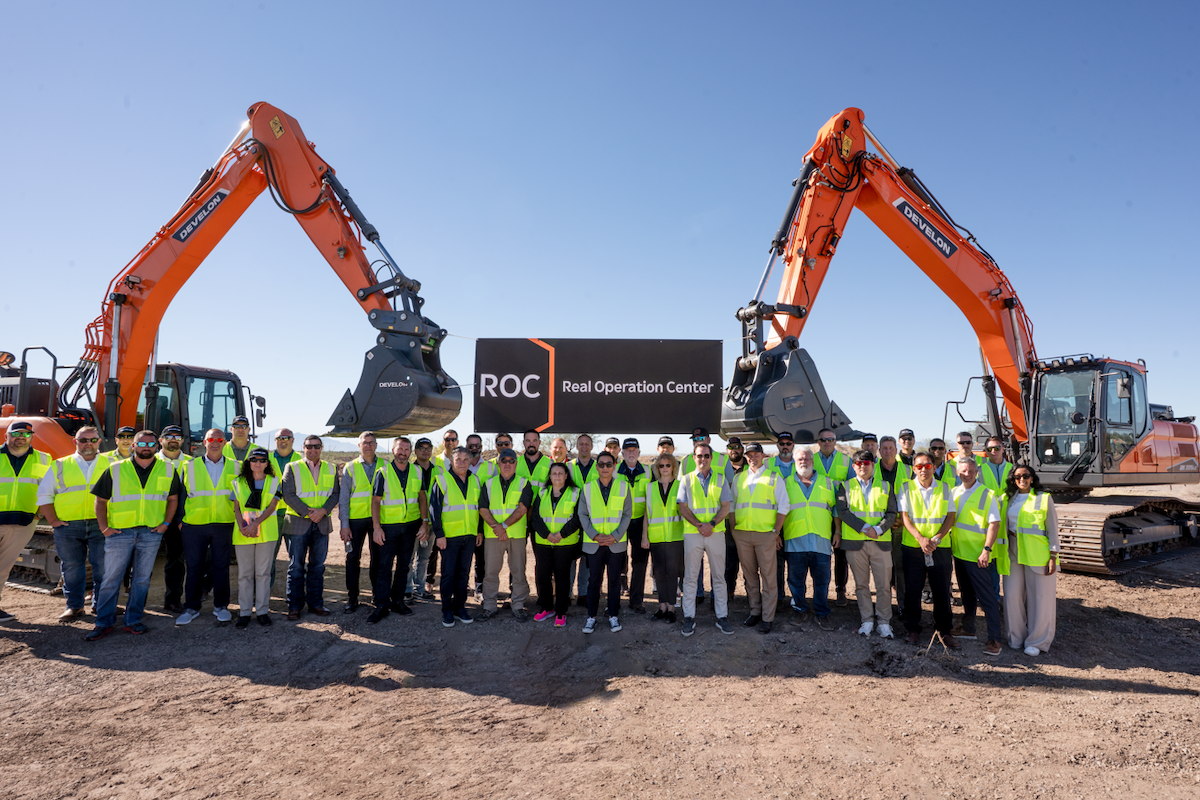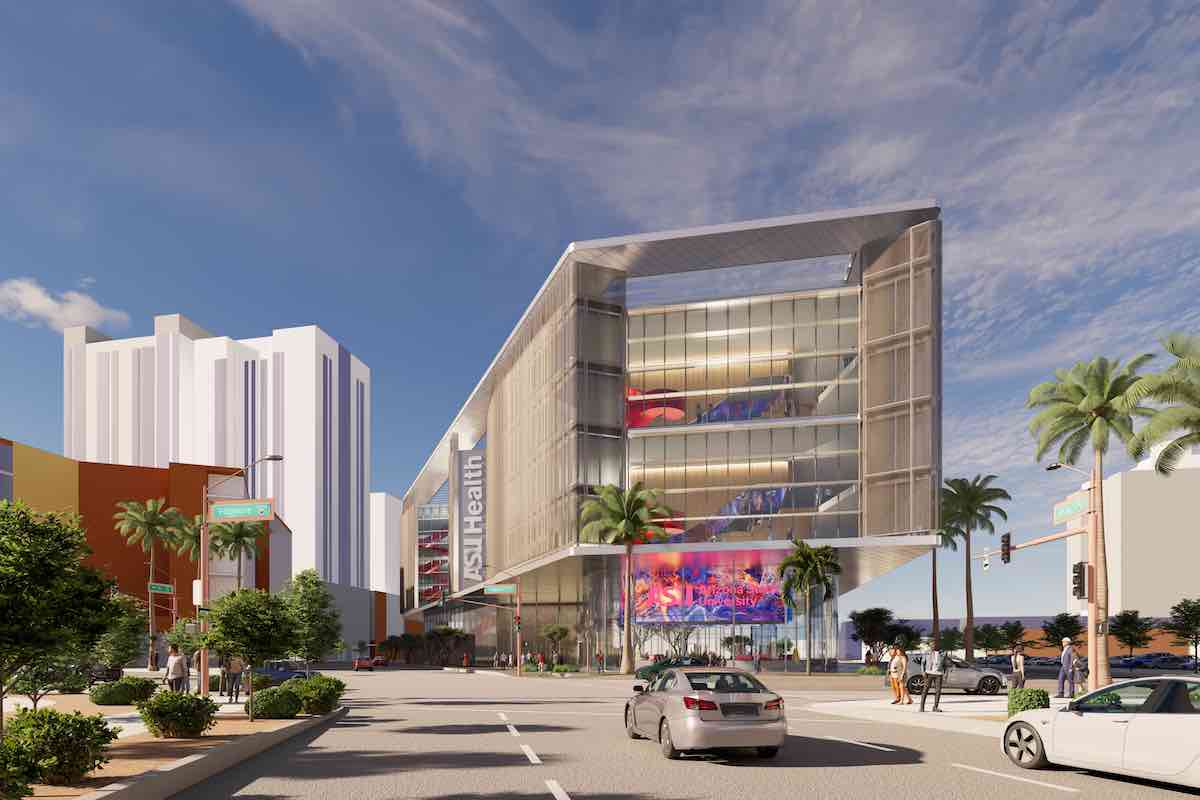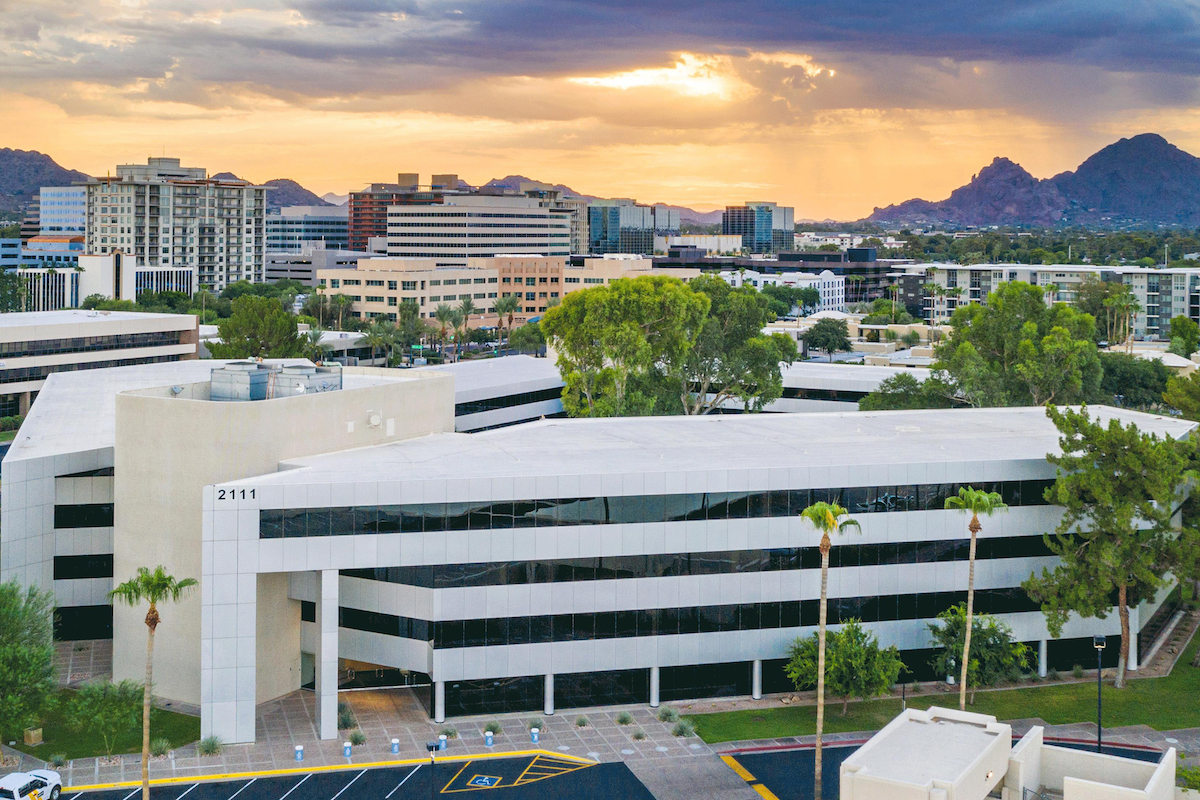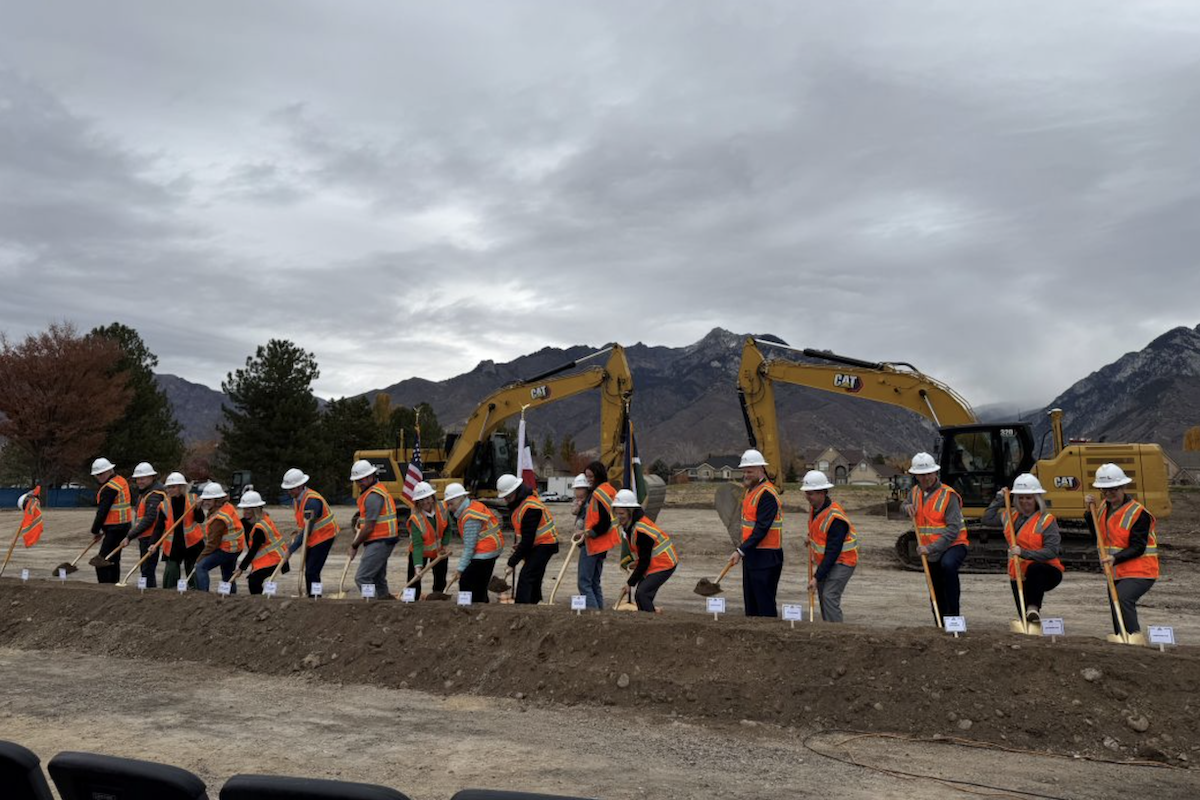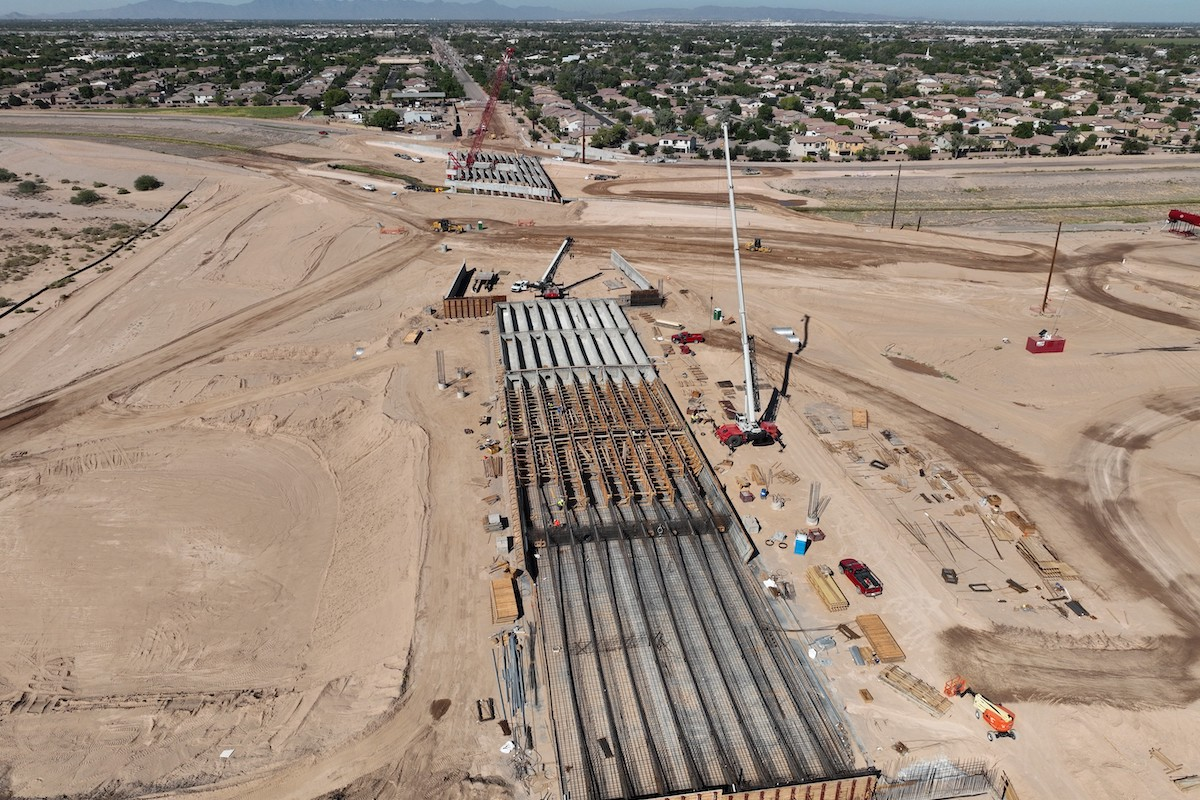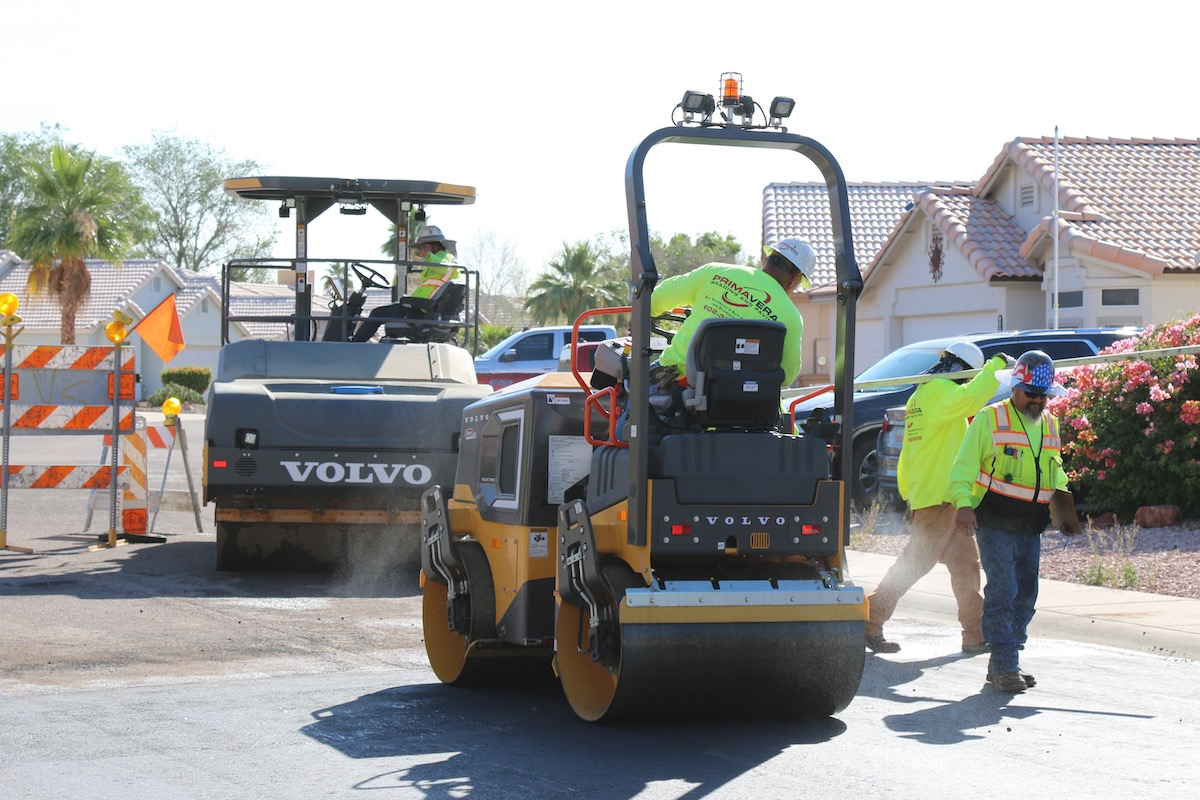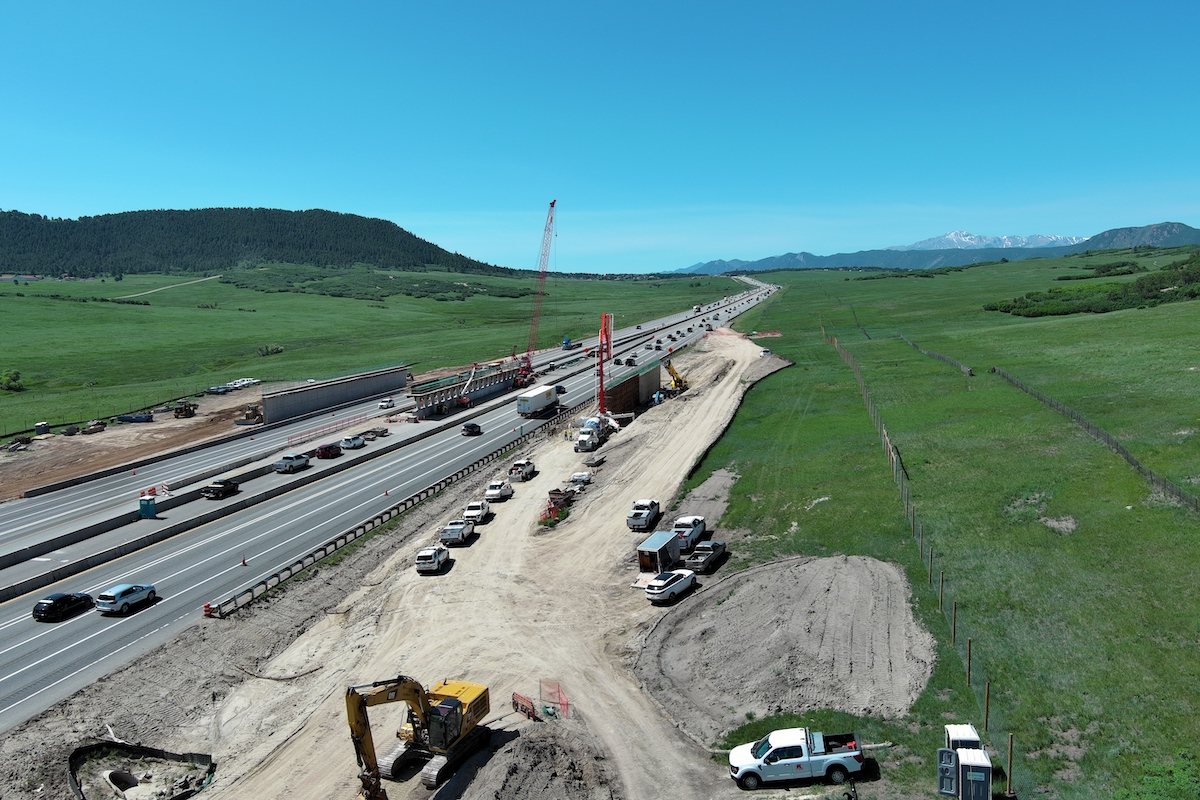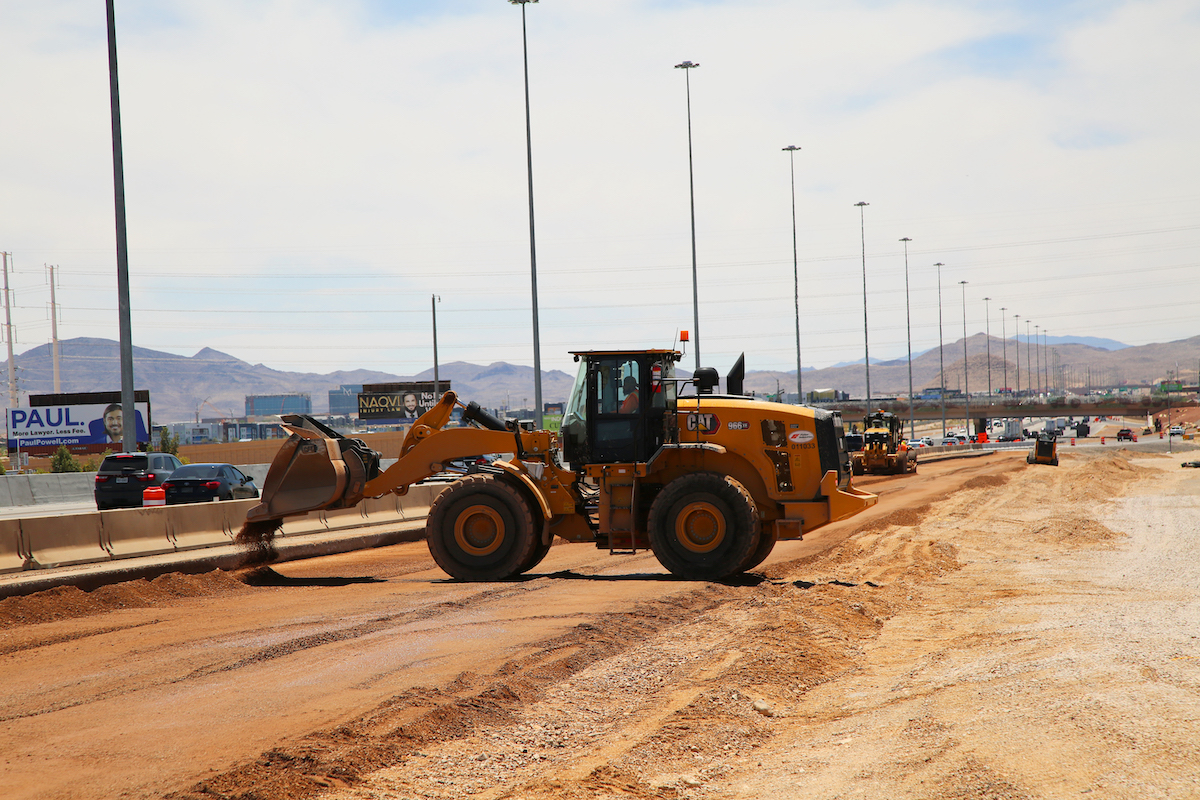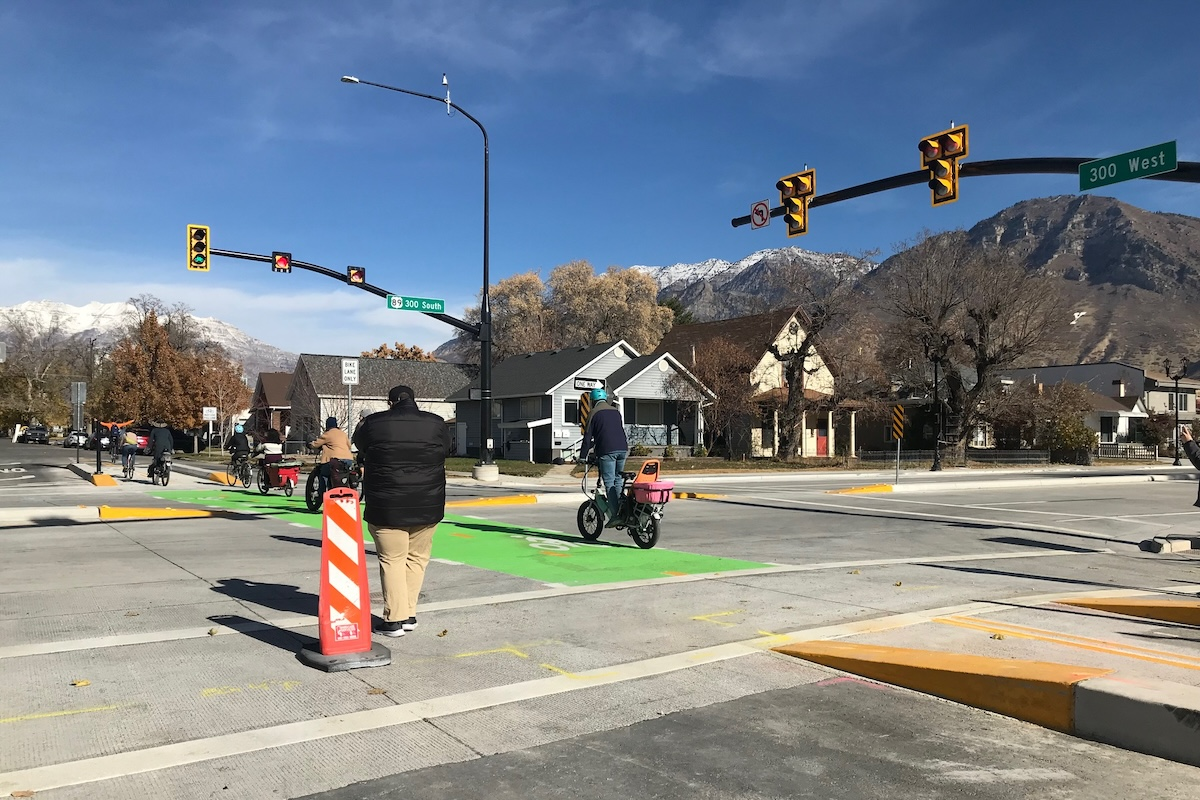“This is an important corridor for east-west travel, from the Tri-Valley and Silicon Valley,” said Tess Lengyel, Executive Director of the Alameda County Transportation Commission (Alameda CTC). “It will conform this segment with the other segments.”
At peak commute times, SR 84 becomes congested, affecting operations at the interchange with I-680. Collision rates have been higher than the state average and driveway access to SR 84 can be challenging.
“The project will enhance safety and accessibility for bicyclists and motorists. Improvements include installing a separated striped bicycle path,” says Janis Mara, Spokesperson for Caltrans.
Project benefits also include improved regional and interregional connectivity. Average daily traffic on SR 84 is about 20,000 vehicles per day in each direction. On I-680, average daily traffic is about 83,000 vehicles per day in each direction.

| Your local Bobcat dealer |
|---|
| Ditch Witch West |
| Faris Machinery |
| Ditch Witch West |
| Faris Machinery |
“This will make a more safe and smooth travel experience,” Lengyel says.
Alameda CTC and Caltrans have joined together to complete the multiphase project. Alameda CTC was the implementing agency for the environmental and design phases of the project and Caltrans is the implementing agency for the construction phase of this project, Mara explains.
“Caltrans has been a fabulous partner on this project,” Lengyel reports.
The first $113 million segment was completed in 2012. It entailed widening SR 84 from Interstate 580 to Jack London Boulevard and the start of improvements to the I-580/SR 84 interchange.
Segment 2, at $36 million, widened SR 84 from Jack London Boulevard to between Concannon and Stanley boulevards. The project wrapped up in June 2014, and the road now has four to six lanes.

| Your local Gomaco dealer |
|---|
| Faris Machinery |
| Faris Machinery |
From Concannon and Stanley boulevards to Ruby Hill Drive, SR 84 was widened to four lanes in Segment 3 at $47 million and finished in 2017.
Crews straightened roadway alignments and added truck climbing lanes on SR 84 from Ruby Hill Drive to Pigeon Pass during the $32 million Segment 4, which was completed in 2008 and paid for by Caltrans.
“This project is the last in a series of projects constructed over the past 20-plus years to upgrade and widen SR-84 to a four-lane expressway between I-580 and I-680,” Mara says.
WMH Corp. of Oakland, California, served as the design consultant for Segment 5.
Bay Cities Paving & Grading of Concord, California, began construction in May 2021, with completion expected in summer 2025.

| Your local Trimble Construction Division dealer |
|---|
| SITECH Southwest |
| SITECH Northwest |
| SITECH Rocky Mountain |
| SITECH Southwest |
| SITECH Northwest |
| SITECH Rocky Mountain |
“This work will meet current and future demands,” Lengyel says. “It is going gangbusters out there.”
The ramp changes will separate the I-680 North to SR 84 East and SR 84 East to I-680 North movements, which currently cross paths within a short weaving distance, Mara explains. The SR 84 East to I-680 North traffic will cross over the I-680 North to SR 84 East direction and improve efficiency.
“In the I-680 south direction, ramp metering and an auxiliary lane are used to lengthen the merge from SR 84 West to I-680 south and reduce weaving and merging conflicts,” Mara adds.
The project required some work to protect wildlife from collisions with vehicles. The environmental document explains that seven box culverts, with drainage facilities had to be modified to accommodate coyotes, grey foxes, bobcats, and other species.
Concrete barriers in the medians keep oncoming traffic separated. They were installed with openings for larger animals, such as deer and elk, to cross SR 84.

| Your local Volvo Construction Equipment dealer |
|---|
| Faris Machinery |
| Faris Machinery |
Funding for this segment includes $123,400 from Measure BB, a 2014, voter-approved 30-year plan, with a sales-tax measure to raise nearly $8 billion to improve transportation in the area. Alameda CTC then leveraged those funds to raise additional regional, local and state dollars.
“This project is being delivered to voters as promised,” Lengyel says. “It’s critically important to ensure we deliver to the voters.”
Alameda CTC created local business participation goals, which the contractor is meeting. Additionally, “every effort is being made to minimize disruption to local businesses, residents, motorists, cyclists, and pedestrians,” Mara says. “Caltrans will alert the public of closures and detours and provide the latest information on changeable message signs in the project area along SR-84 and I-680.”
The California Highway Patrol remains onsite during any ramp and freeway closures to guide motorists.
“To avoid impacts to traffic resulting from construction operations, lane closures, ramp closures, full freeway closures, and detours are done during the nighttime hours,” Mara says.

| Your local Bobcat dealer |
|---|
| Ditch Witch West |
| Faris Machinery |
| Ditch Witch West |
| Faris Machinery |
The project has progressed smoothly. In addition to this project, there are other large projects in construction or to be in construction in the near future along the I-680 corridor adjacent to this project, Mara says. Coordinating the various projects during construction along with minimizing traffic and construction impacts as much as possible are key challenges.
“We are pleased to be able to deliver the project in a super expedited way for the public,” Lengyel concludes. “It creates local jobs, and it supports the economy and connectivity.”
Photos courtesy of John Huseby, Caltrans











